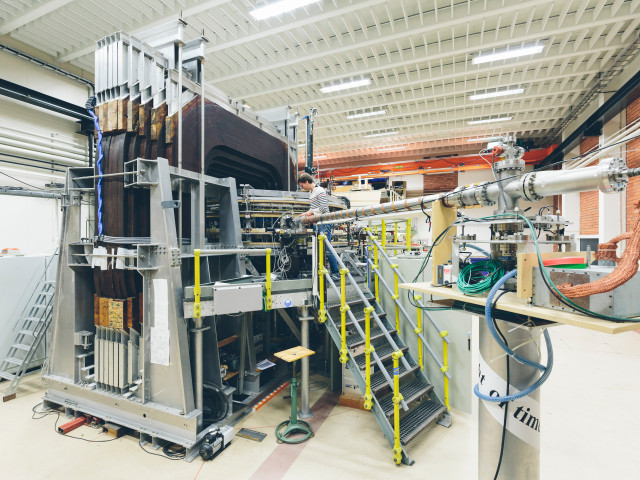Fuel economy in small reactors: Enrichment and control rod worth
Passive safety in small reactors: Reactivity feedback, natural convection and decay heat removal
Severe accidents: Source term and radiological impact on environment
Cost analysis: Captial cost, fuel cost and costs for operation and maintenance
